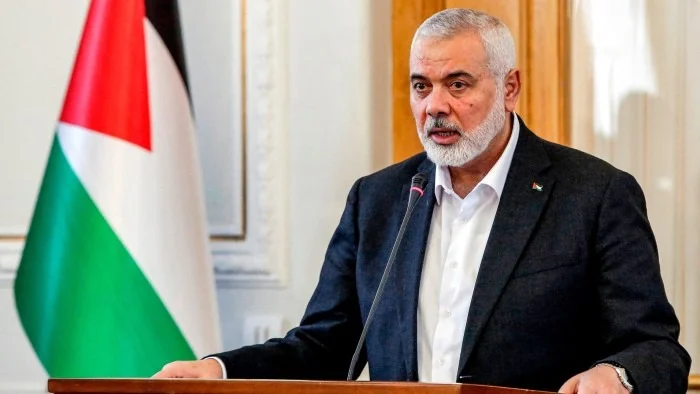In a significant development, Ismail Haniyeh, the prominent leader of Hamas, was reportedly killed in an Israeli airstrike in Tehran, Iran. This event marks a major escalation in the ongoing conflict between Israel and Hamas.
The Assassination
Haniyeh, who had been residing in Qatar, was visiting Iran when he was targeted. The Israeli military carried out the airstrike, citing his leadership role in Hamas and his involvement in orchestrating attacks against Israel. This assassination underscores the ongoing tension and hostilities in the region, which have seen numerous confrontations and retaliatory strikes over the years.
Background on Ismail Haniyeh
Ismail Haniyeh was born in 1963 in the al-Shati refugee camp in Gaza. He became involved with Hamas during his university years at the Islamic University of Gaza. Rising through the ranks, he eventually became the leader of Hamas in Gaza in 2006, following the group’s victory in the Palestinian legislative elections. He served as the de facto Prime Minister of Gaza until 2017 when he moved to Qatar and took on a more global role for Hamas.
Haniyeh was known for his pragmatic approach and played a crucial role in integrating Hamas into Palestinian political life. His leadership saw both intense internal Palestinian conflicts and significant confrontations with Israel, including numerous attempts on his life before this fatal strike .
Reactions and Implications
The assassination of Haniyeh is expected to have profound implications for the region. Hamas has already vowed retaliation, which could lead to further escalation of violence. The international community is closely monitoring the situation, with concerns about the potential for increased conflict and instability in the Middle East.
The death of such a high-profile leader also raises questions about the future leadership of Hamas and how the organization will respond to this loss. Analysts suggest that this could either weaken Hamas or rally its supporters further against Israel.
